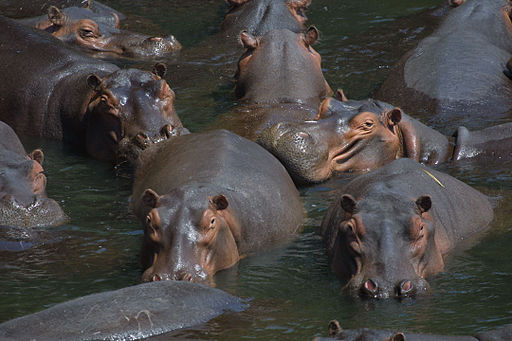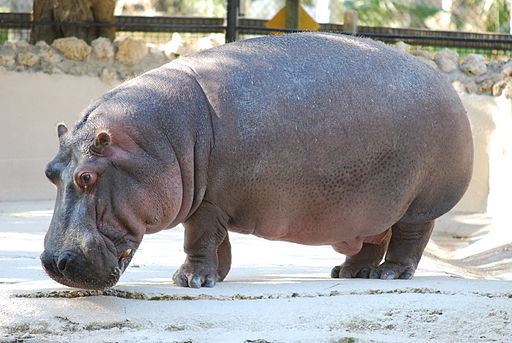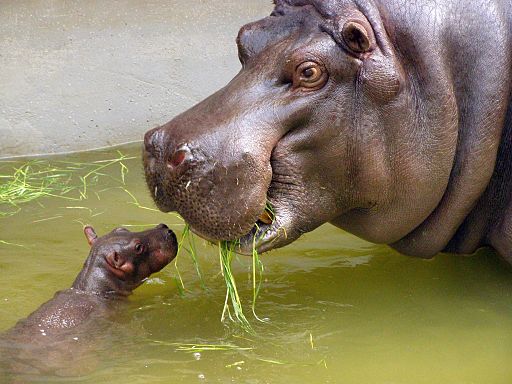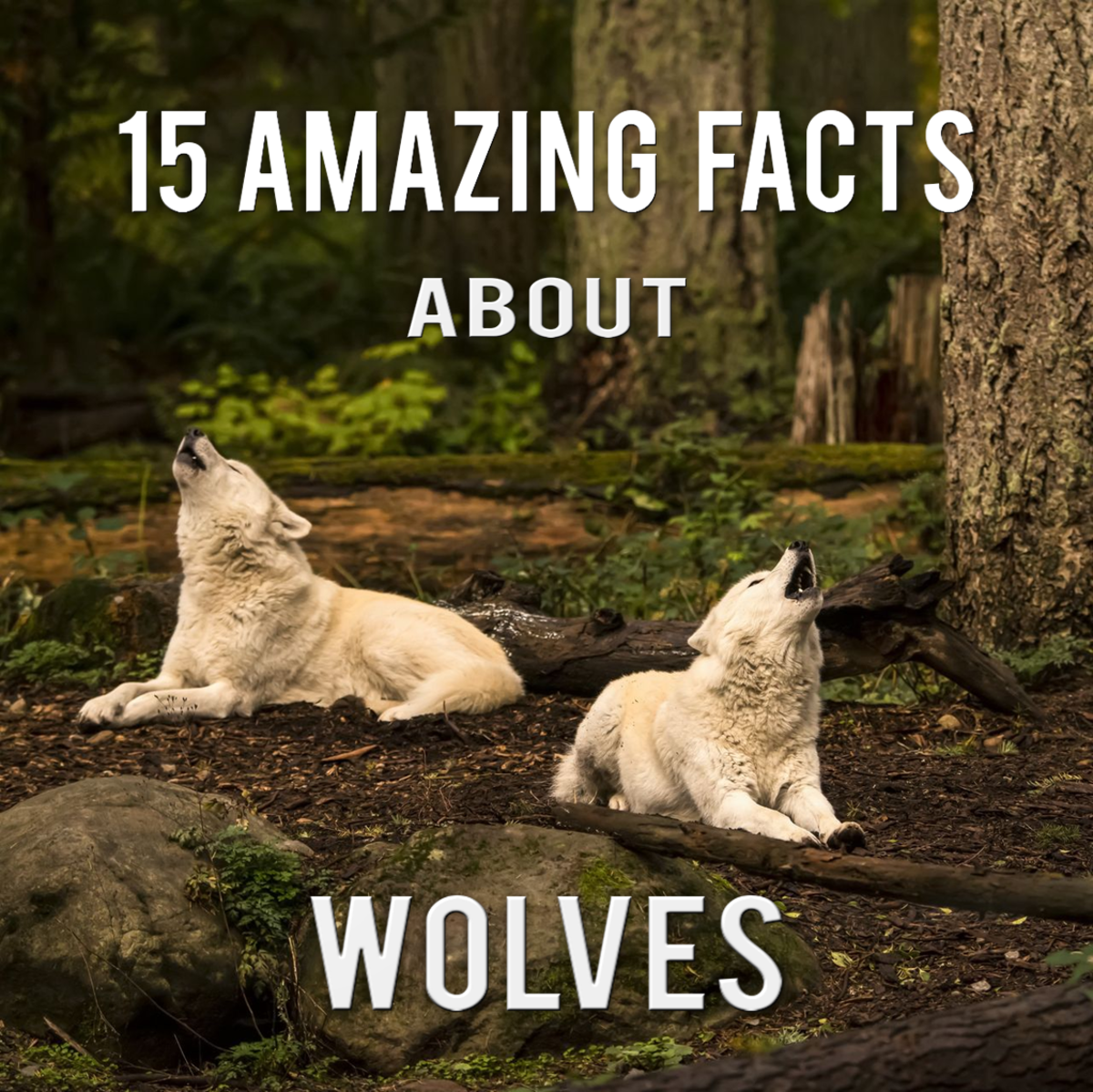Interesting Facts About The Hippopotamus

The name hippopotamus actually comes to us from the greek word "ἱπποπόταμος" for river horse. This is a very appropriate name for this creature although horse makes it sounds a bit human-friendly. That couldnt' be further from the truth. The hippo is actually responsible for more deaths in Africa than any other animal including lions and crocodiles. Most people are don't suspect this from an animal that is herbivorous in nature. The hippopotamus is one of the biggest animals in the list of herbivores.
Hippopotamus is a native of the African continent. Generally, this mammal is found in lakes and rivers of the grassland regions in East Central and West Africa. Hippos are considered to be the third largest land mammals, next to elephants and rhinos. This herbivore stand at 5 feet tall and between 11 and 17 feet long. On average, an adult hippo weights between 3,000 and 4,000 pounds. The large size of this mammal contributes to its abnormal appetite as well.
Since hippos are semi-aquatic, they normally spend most of their daytime lazing in bodies of water and gets out of it only to eat after dusk. The lifespan of the hippopotamus is from 40 to 50 years, but some can go on up to 55 years. Though hippos appear quite docile and lazy, they can also be very aggressive, especially towards humans and when aggravated. Hippos can actually match the speed of a human for short distances whenever they feel threatened.

Hippo Diet:
Hippopotamus feeds on variety of vegetation.. This animal's diet consists of grass predominantly but aside from that, they also feed on leaves, fruits and nuts. As they are semi-aquatic, hippopotamus also feed on various types of aquatic plants, as well as reeds that can be found around their natural habitat. Although rare, this herbivore can also feed on small animals, as well as animal carcasses. Hippopotamus also prefer spending their time lazing in water or simply basking on riverbanks throughout their day.
They also have an amazing ability of holding onto their breath while under water for a long period of time. This is usually the time when they resort to reeds and aquatic plants. Hippopotamus will only move out of water at night in order to go search. During this time, voracious feeding habits come into play, as a heard of hippopotamus can eat a hundred pounds of vegetation in a single go. On an average, hippos graze for about four to five hours each night and cover approximately one or two miles during these hours. Although they prefer to remain close to water holes, they can go wander for up to six miles away from the water hole in order to search for food.

Additional Facts:
- In ancient Egypt, hippos were believed to be evil and a carrier of bad omens. Egyptians believe that they are the ones that overturn the vessels travelling through the Nile river, thus considering them to be far more dangerous than crocodiles. Hippos are being associated with Seth, the evil deity in ancient Egypt, due to their destructive and evil behavior.
- Due to their long periods in water, female hippopotamus sometimes give birth to its young one under water. However, each female hippo can only have one calf for every two years.
- A child that is 4 feet in height can fit inside the mouth of hippopotamus.
- Hippo calves are approximately 100 pounds or 45 kilograms at birth. They can suckle on land, as well as underwater by simply closing their nostrils and ears.
- After giving birth, both the mother and the calf will then join the group of hippos or a school in order to get some protection from lions, hyenas and crocodiles.
- While at the shoreline, hippos release an oily red substance, a liquid that serves as sunblock and skin moistener to protect their body against various types of germs.
- The location of the hippo's nostrils and ears, which are on top of their head, allow them to stay underwater for a long period.
Hippos are found almost all over Africa, but that was back then before their population starts to decline. Today, hippos can only be found in few restricted regions of East Africa. The drastic declination of its population is often attributed to large-scale hunting and habitat loss. Hippopotamus were lately featured on poacher's radar due to their soft ivory tusks. The encroachment of humans in their natural habitat results to habitat loss for these creates. Apart from that, hippos are also being killed in various local regions for their meat






